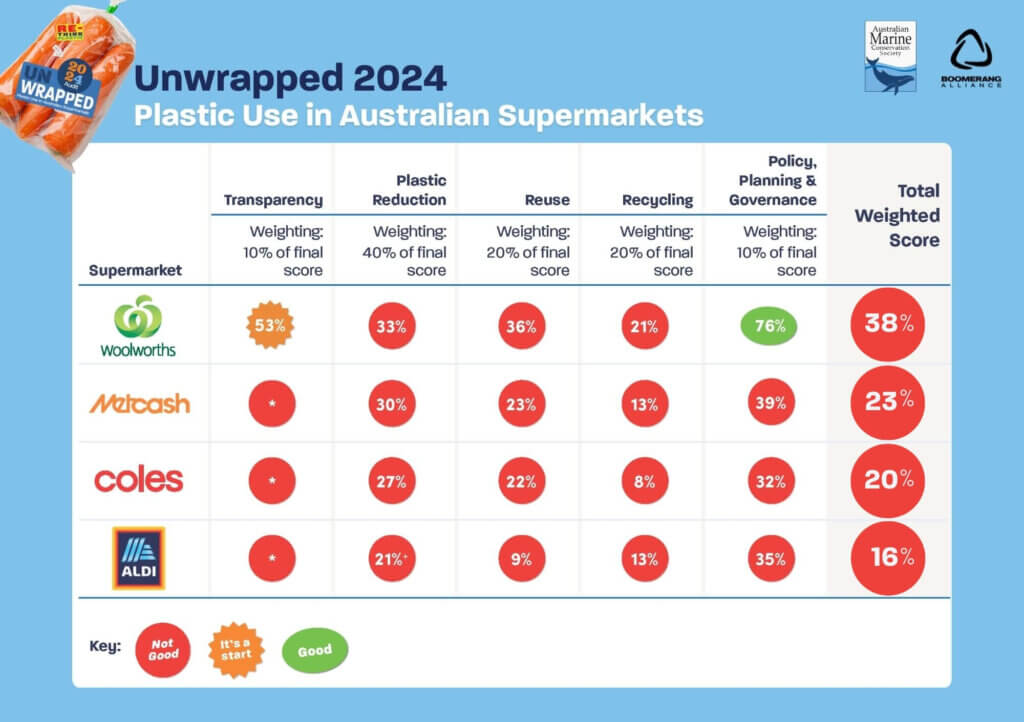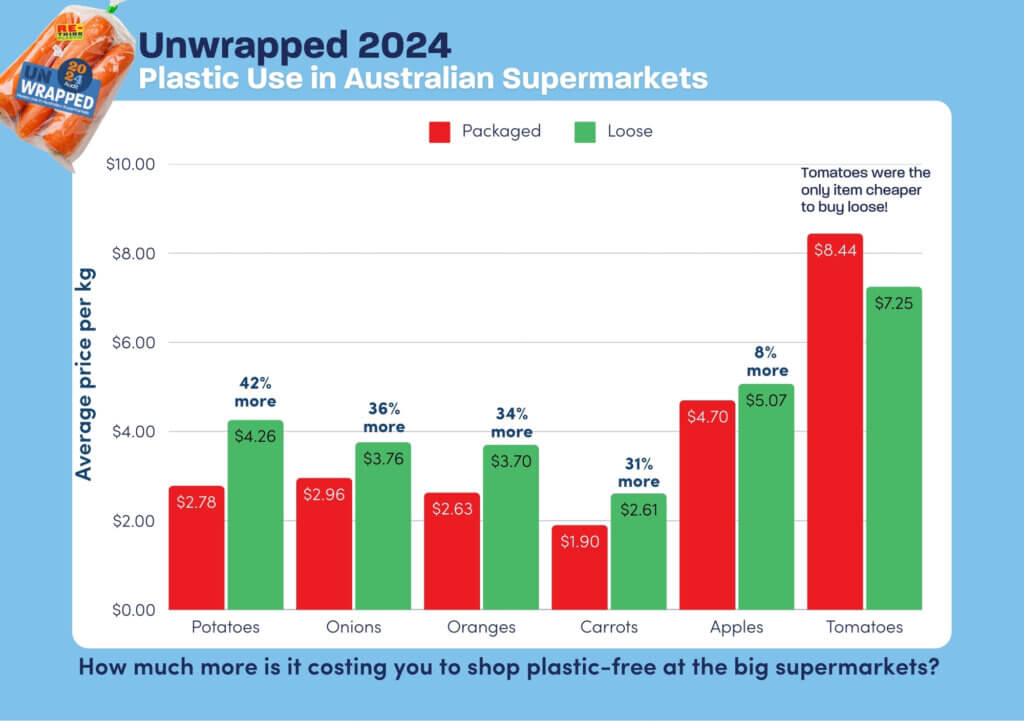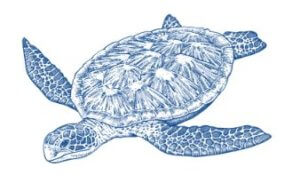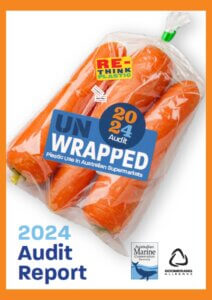Supermarkets in Australia are a $130.2 billion industry, responsible for the majority of household packaging.
See which of the big brands have improved their rank in the second audit of Australian supermarket plastics use – and which are still lagging.
For too long, supermarkets have not been held accountable for the amount of plastic packaging they generate, pumping out difficult-to-recycle packaging at the expense of our environment. With no legislated mandate to curb plastic production, supermarkets have largely avoided public accountability relating to the amount of plastic on their shelves.
To help you make sustainable choices about where you shop, we’ve audited Australia’s biggest supermarket brands on their plastic reduction efforts.
Download Full Report | Download Summary Report
All the supermarkets claim to be taking action – but who is really making the biggest impact?
We assessed the performance of the four major supermarkets in the 2023 financial year, to see who is improving their plastic packaging, and who is trailing behind.
Woolworths has made significant improvements from last year, achieving the highest score in 2024. Metcash (IGA, Foodland, and others) also improved its score significantly, overtaking Coles and Aldi to take out 2nd place, while Coles and Aldi trail behind.
Update February 2025: Our 2024 audit report was released without an overall score for Aldi Australia, who had not yet published its sustainability report almost 12 months after the end of its reporting period. Now that it has finally published its report, we have revised Aldi Australia’s score. Due to steadily decreasing transparency on plastic use in its sustainability reports, Aldi has dropped from 1st place in our 2023 audit, to last place in 2024.

Scorecard updated in February 2025.
Key 2024 audit findings
- Transparency is still lacking, and reporting is fragmented – a key finding from 2023 that remains a significant issue in 2024.
- Shoppers continue to be penalised for trying to shop without packaging on their fresh produce, with loose fresh produce more expensive than plastic-wrapped produce in 73% of cases.
- Plastic packaging is difficult to avoid, leaving shoppers with few options to avoid plastic packaging on pantry staples and fresh produce.
- Supermarkets are slow to implement reuse and refill systems
- Leading supermarkets are not prioritising removal of plastic, instead relying on recycling.

In 2024, our Plastic Investigation Unit helped us discover that in 73% of cases, loose produce was more expensive than the same produce pre-packaged in plastic. This is despite evidence suggesting that the best way to reduce food waste is to buy loose, and only the quantity needed.
For more information on the methodology behind the audit, view our audit framework, volunteer fresh produce shopper survey and volunteer supermarket packaging survey.

You can help keep supermarkets accountable
Supermarkets refuse to disclose how much disposable plastic packaging they pump into homes, landfills, and our oceans each year. But thanks to shoppers all over Australia, we can put pressure on supermarkets to change their packaging in the areas that will have the most impact.
We have now opened our 2025 investigation into plastic use in Australian supermarkets. Don’t miss your opportunity to contribute to the 2025 Unwrapped report! Sign up to the Plastic investigation Unit today.
Use our easy online tool to call your local supermarket today, asking them to tell their executives it’s not enough to simply talk about sustainability – they need to make real commitments to save our oceans from plastic waste.
You can also fill out our action postcard, tag us in a photo of it on social media, then drop it off at your local supermarket by politely asking a staff member to pass your postcard on to the manager.
